I’m writing this from a place inside that is flooded with tears. The walls are buckling and soggy, the plaster’s turned to grey paste, the lawn looks like a marshland, and the sky is dim and cloudy with more tears in the forecast. This place has many names, some of them are: Shame, Grief, Not Good Enough, Fear of Loss, Torture and The Insufferable, Borrowed Time. There is also an immense amount of love bound up in this place.
In this dark place glows an almost completely hidden light. The light may be concealed by the fog of post-traumatic stress disorder (PTSD), anxiety, depression, physical pain, and the neurological and social challenges of my autism, but there are golden, luminous threads that radiate from the light’s persistent beaming. They are strong threads. They cannot be severed, and they hold my broken heart together.
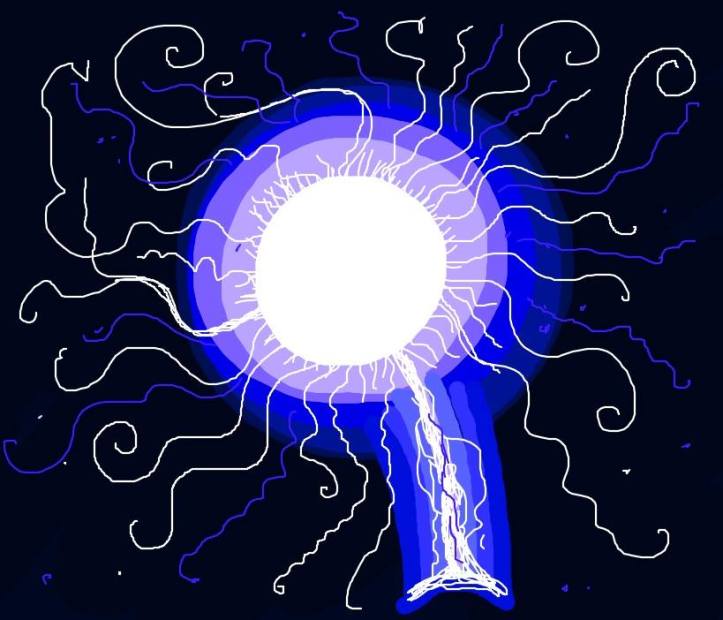
Their function is one with their beauty, in that they can connect paradoxical states of mind while resilient to all climates and seasons of emotion. The connection between these magical threads and my heart is one created by miracle or an arrangement of cosmic law; in other words, its genesis is something sublime and beyond my fathoming.
This connection is what I call the bond of unconditional love. It pushes all of my boundaries, it has me acting against my own interests, it is an unpredictable force of nature — my wild card. I find I do the things I’m most terrified to do. With the realization of this innate power, though the voices of doubt and trauma poke, make jest and attempt to have me think otherwise, I know I cannot fail at this most challenging and epic journey known as parenthood. I must give parenthood all I’ve got. I do struggle to be out and about, dealing with adults and other parents who don’t seem to understand or respect me, adults who sometimes do not even understand and respect my children. I do struggle with my own cognitive differences and sensory sensitivities, which can affect my daily life in child rearing. It does add another layer of difficulty that may not exist for other parents. But that light I was just describing, it plummets deep into my fears of “How will I look?” or “How will I react?” or “Will my best be good enough?” or “Am I strong enough?” — and it connects me to deep-seated instincts that still exist even beneath all of my challenges. I find that, come what may, I rise to the call.
I’ve never fought for myself, but I’ve found strength to fight for my children. As a youngster and adult, I never held my ground or fought back against the bullies. Physically beaten and emotionally conquered, I could not utter one word for “help”; I could never advocate for myself. My speech impediment and selective mutism were not easily endured, and there wasn’t an intrinsic mechanism to reroute communication any other way than through my art and writing. Now, as a parent, I’m finding there’s a flame inside me that powers this person that I am, that acts on the feelings and instincts stirred whenever my children need me.
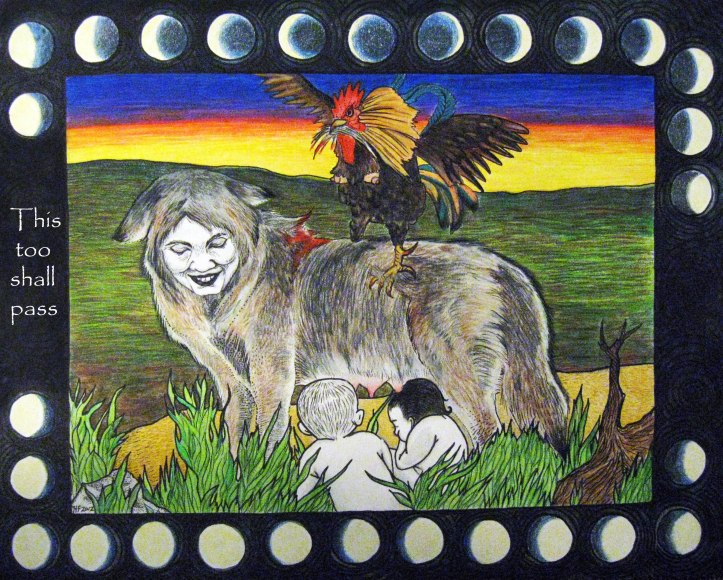 For a while now, I’ve been rooted in deep reflection over the traumas that have added an extra layer of struggle to my life. From my traumatic initiation into parenthood with the complicated pregnancy and birth of my first child back in 2008, I was shocked by the extent to which my autism wouldn’t be tolerated by people in my life. And as I’ve learned in this past decade, through the unfair outside assessments of my marriage, sexuality, fertility and the rearing of my children, there can be little respect for the life and autonomy of the autistic adult. In my experience, to be a parent on the spectrum is to face some level of systematic discrimination and abuse. Only after I was able to raise my family up from the damaging relationships tainted by ableism and prejudice, only after I found the inner strength and financial resources to distance myself and my children from abusive family members and people in our lives, have I begun to really own my unique abilities as a parent — which are doubly remarkable, considering two of my three children are also autistic and often have need of my strength and insight.
For a while now, I’ve been rooted in deep reflection over the traumas that have added an extra layer of struggle to my life. From my traumatic initiation into parenthood with the complicated pregnancy and birth of my first child back in 2008, I was shocked by the extent to which my autism wouldn’t be tolerated by people in my life. And as I’ve learned in this past decade, through the unfair outside assessments of my marriage, sexuality, fertility and the rearing of my children, there can be little respect for the life and autonomy of the autistic adult. In my experience, to be a parent on the spectrum is to face some level of systematic discrimination and abuse. Only after I was able to raise my family up from the damaging relationships tainted by ableism and prejudice, only after I found the inner strength and financial resources to distance myself and my children from abusive family members and people in our lives, have I begun to really own my unique abilities as a parent — which are doubly remarkable, considering two of my three children are also autistic and often have need of my strength and insight.
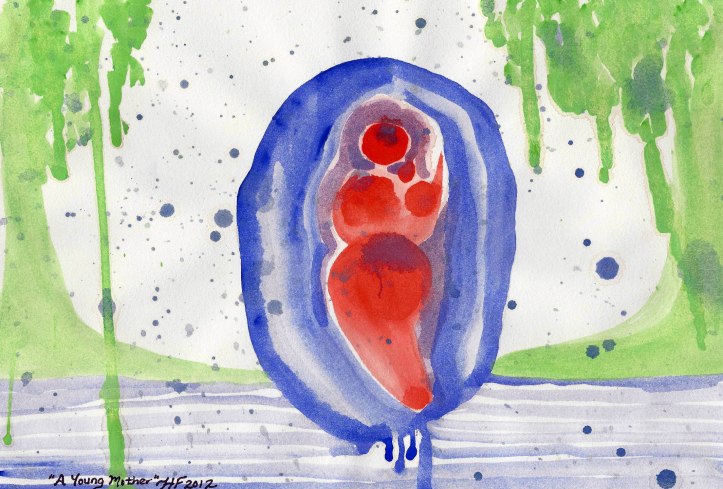
While in many respects I currently feel the emotional age of 16, there are many parts of me that are maturing rather quickly now that I have the freedom to explore my strengths, make peace with my weaknesses, and begin to understand my self and its place in this world as a worthy person and parent. Now, every layer of worldly experience — both inward and outward — is colored by parenthood. Even the art and writing processes that have previously only ever been about healing from the abuses and traumas that coincided with having a disability now begin to shift to managing the rapid-fire changes in the daily routine I’ve clung to in order to give structure to my thoughts and emotions. I am finding new ways to achieve the same end, and that isn’t necessarily a bad thing (though sometimes it can induce almost unreal amounts of stress).
Living alongside, loving, educating and caring for children who are also autistic helps me to understand my abilities and limitations differently. In close interaction with my children, I see that while I can struggle greatly from having my capacity for function limited by what are many times imposed outer factors (having to adapt to an outside environment and social structure created by the ideologies of ableist culture, for example), these are realities that have the potential for resolution given enough therapeutic, reaffirming experiences and healthy, non-abusive interpersonal relationships.
As a home-based educator (you might call me a “homeschooler”), I have a front-row seat to my children’s blossoming personalities and abilities. It amazes me how unlike my childhood their childhood is! With an education that doesn’t involve shaming or competition, I’ve observed how their autism becomes more of a series of abilities, sensitivities and considerations (with boundaries that must be shown respect) rather than a disabling condition. As another parent with autism reassuringly put it across to me:
“One of the best things going for our children is being raised in a home where they are not the minority and are actually “the norm!” And where mom knows how to really listen with her eyes to understand what isn’t said directly with words. You are doing a good job, Hillary! And we do carry baggage that can make us feel more isolated… but it is that same baggage that makes us uniquely qualified to be just the kind of parents our children need. We might not show them exactly neurotypical behavior, but they will grow up loving themselves. And that is far more important!”
Oh, how I needed to hear that! The only empowering words I have ever heard about parenting that seemed to fit me like a glove come from another parent with autism!
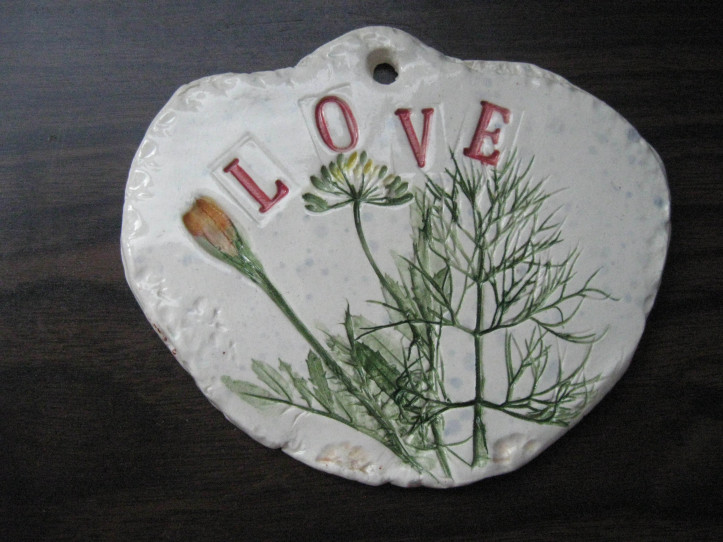
In deep reflection over my life — my struggles with my autism in society at large and in relationships, my traumas, and my choices — I realize I’ve quite a legacy to bequeath to my children. Bundled within that gift is the wisdom inherent in autism: life lessons in love, respect, relationships and how to honor boundaries. My legacy is in my genes, my attitude, and the dreams and promises I have yet to fulfill. This legacy is a shared life’s journey with remnants of ancestral wisdom lining the survival packs that we know we’ll have to pass on one day. I feel blessed to be so connected to my children, and to know we share something unique and beautiful for all the struggle we have to surmount on its account. In my darkest hour, I never considered my autism will be part of my legacy. Now that I’m inching towards mid-life, looking the ever-questioned realities of my own mortality and life purpose in the eyes, I see that it is. And I would never change that, even if I could.
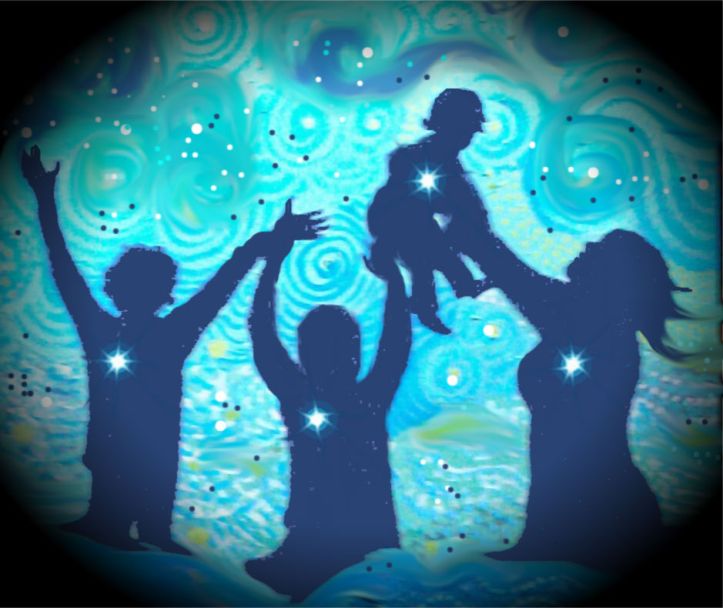
All images are original artwork by Hilary Krzywkowski.
A version of this post originally appeared on Healing Hilary’s Heart.
We want to hear your story. Become a Mighty contributor here.

